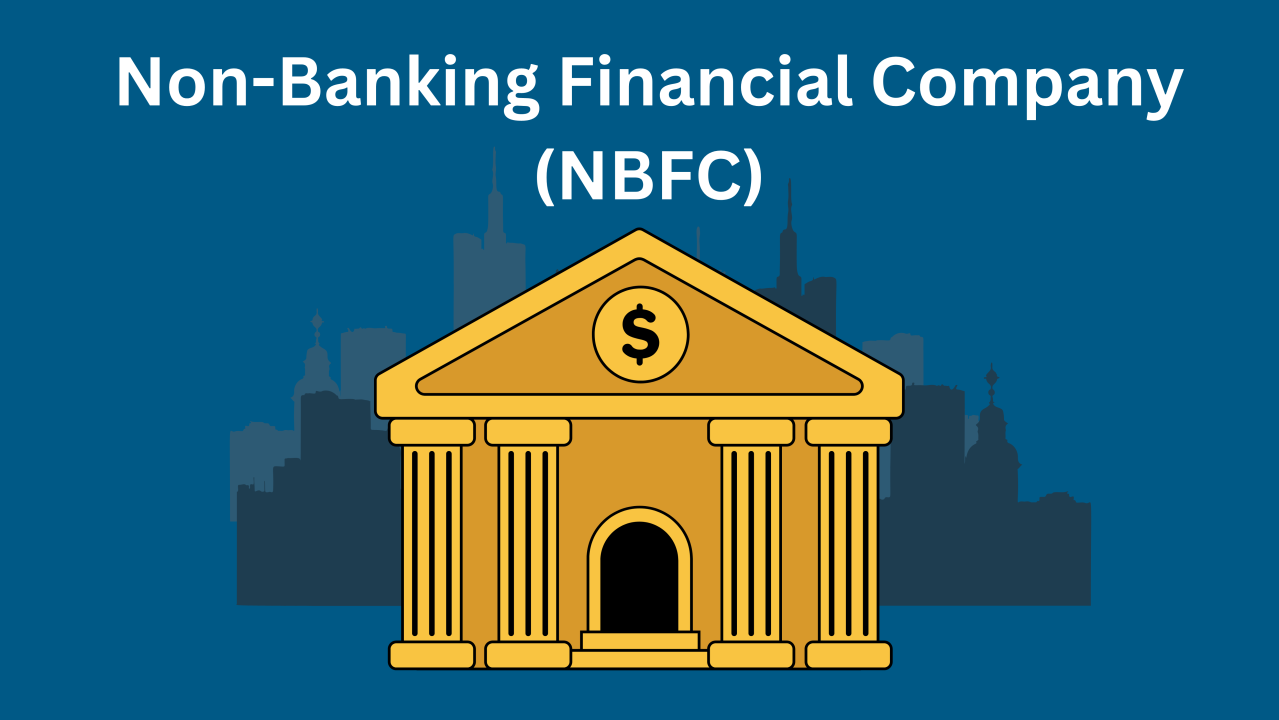Non-Banking Financial Companies, or NBFCs, are an integral part of the Indian economy, bridging the gaps in financial services and driving inclusive growth. By catering to the needs of underserved individuals and businesses, these institutions help create employment opportunities and fund wealth creation. The financial industry experts in India believe that NBFCs are key players in shaping the country’s financial and economic growth.
How Does the NBFC Sector Help India’s Economy
1. Reducing the Credit Gap
NBFCs can help in closing the credit gap by providing loans and services to people and businesses who can’t access services offered by banks. This way, they not only can help urban businesses but also can provide services to business owners from the rural part of the country. Such institutions can help in financing vehicles for individuals/businesses/farmers, construction of houses, and also offer microcredit to women. These services ensure that every individual is financially capable enough to contribute to the overall economic growth of the country.
2. Job Creation and Economic Development
Two of the most critical sections in the Indian economy are MSMEs and start-ups. Such businesses that can’t secure funds from commercial banks can opt for services provided by NBFCs. By assisting these enterprises, NBFCs ensure that growth and employment opportunities are created, and sufficient support is provided to the businesses. This will ultimately boost the economy in the long run.
3. Infrastructure Development
NBFCs play an important role in the Indian economy by supporting key sectors like infrastructure, housing, and consumer spending, which fuel economic growth. Traditional banks often avoid high-risk or long-term investments. NBFCs step in to provide essential funding for projects in areas such as power, transportation, and telecommunications.
4. Ensuring Financial Market Stability
NBFCs also act as financial mediators, managing various financial risks and offering a wide range of financial products and services. This reduces market risks and negates the damage it could potentially do to any particular institution. By experimenting with different financial products, NBFCs ensure a stable and resilient financial system. It doesn’t come as a surprise that the NBFC sector has shown remarkable growth in recent years compared to traditional banks in terms of efficiency and profitability.
5. Growth and Profitability
In the recent past, the NBFC sector has seen remarkable growth and is beating its traditional opponents quite convincingly. According to a report, the year-on-year growth in NBFC assets under management in India from 2009 to 2024 has been 22%. Even when the GDP growth rate is slow, such institutions have been pivotal in driving the Indian economy. As NBFCs have low operating expenses, they can offer competitive interest rates, making them attractive to borrowers. As per statistics, customers are now choosing NBFCs over banks as the credit for the former grew by 24.3% per year against 21.4% for the latter.
Summing Up
Even though NBFCs are smaller than traditional banks, they have had a significant impact on the country’s growth. By funding MSMEs, start-ups, infrastructure projects, etc. NBFCs contribute significantly to the Indian economy. And with their risk management practices, they ensure sustainable growth. NBFC’s role in the Indian economy is parallel to none and crucial for the country’s goal to become a global economy.
FAQs
What Is the Role of NBFC in the Indian Economy?
The role of NBFCs is to support people from both urban and rural areas to meet their financial requirements and eventually support the Indian economy. They help micro-businesses to promote economic growth and provide microcredit for women as well.
What Is the GDP Contribution of NBFC?
The GDP contribution of NBFCs as of 2023 stood at 12.60%.
What Are the Objectives of NBFC?
Some objectives of NBFCs include providing tailored solutions for diverse customer needs, which contributes to inclusive growth in the country. Another objective is to build financial strength, as they provide loans to new businesses and MSMEs.
Who Regulates NBFCs?
Just like banks, NBFCs are also regulated by the Reserve Bank of India (RBI). They have a set of directions to follow for looking over the activities of these companies under their jurisdiction.







